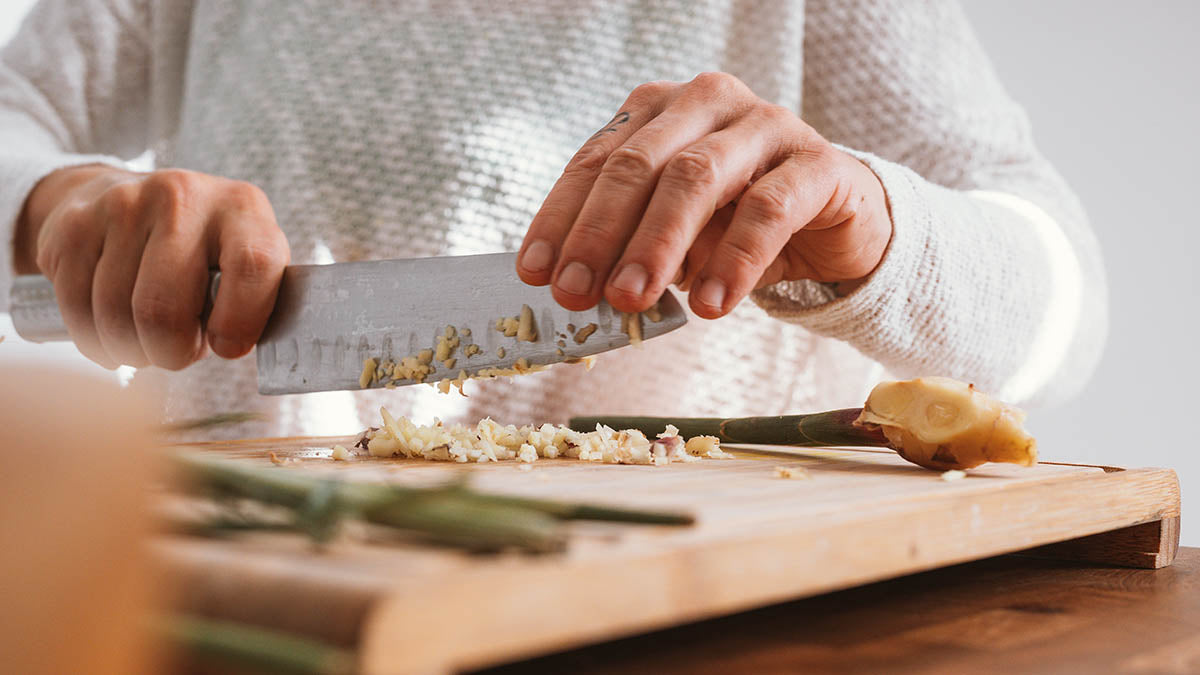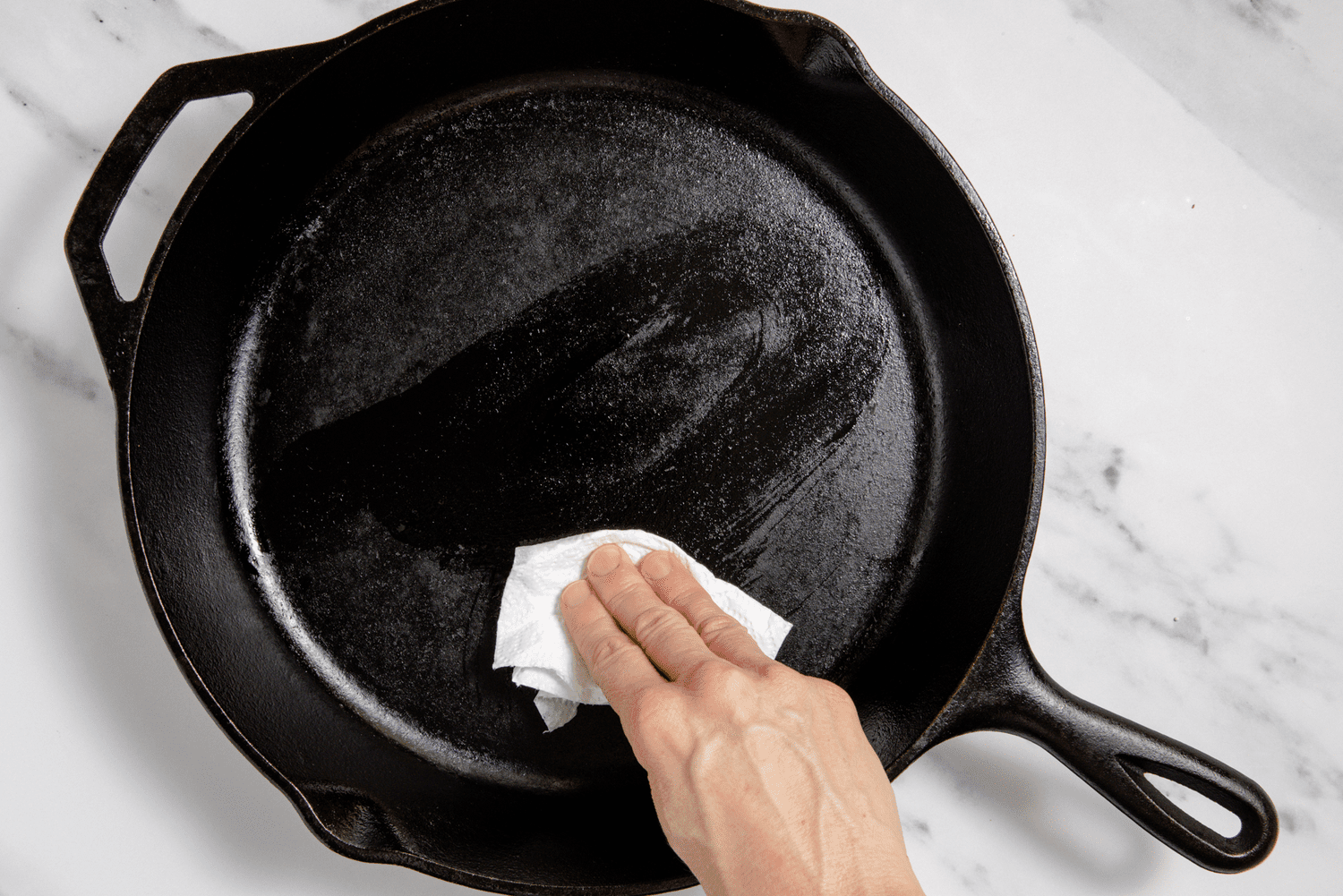Wooden cutting boards are a staple in most professional kitchens, admired for their durability, natural beauty, and excellent chopping surface. However, without proper care, even high-quality wooden cutting boards can develop cracks and splits that not only affect their appearance but also compromise their usability. Understanding how to keep wooden cutting board from splitting is an essential skill for kitchen professionals who rely on their tools daily.
In this comprehensive guide, we'll explore the steps and practices necessary to preserve your wooden cutting board, ensuring its longevity and functionality. Whether you're a seasoned chef or an aspiring home cook, these insights will help you maintain your wooden boards for years to come.
:max_bytes(150000):strip_icc()/prevent-cutting-board-slipping-1123-c9837c7f958745b792c2b115c7d7bccd.jpg)
Why Wooden Cutting Boards Split
Before diving into the solutions, it's crucial to understand the reasons behind the splitting of wooden cutting boards:
- Moisture fluctuations: Frequent changes in moisture levels, such as excessive exposure to water or prolonged dryness, can cause the wood to expand and contract, leading to cracks.
- Poor maintenance: Neglecting regular oiling or conditioning can make the wood dry and brittle, increasing the chance of splitting.
- Temperature extremes: Exposing the board to high heat, such as placing it near a stove or in direct sunlight, can damage the wood fibers.
- Overuse: Continuous heavy chopping without proper care can weaken the structure of the board.
Best Practices to Protect Your Wooden Cutting Board
1. Season Your Cutting Board Regularly
One of the most effective ways to keep your wooden cutting board from splitting is to season it regularly with food-grade mineral oil. This creates a protective barrier that locks in moisture and prevents the wood from drying out.
You can find more insights on proper maintenance techniques here.
2. Clean Properly After Each Use
Avoid soaking your cutting board in water or exposing it to harsh detergents. Instead, clean it using a damp cloth and mild soap. For a more natural alternative, check out cleaning cutting board with vinegar.
3. Avoid Extreme Temperatures
Extreme heat or cold can cause wooden boards to warp or crack. Always keep your cutting board in a cool, dry space, and never place it in a dishwasher.
4. Use the Right Side
For kitchen professionals, overuse can be an issue. Rotate and use both sides of your board to ensure even wear and tear. For more on the types of cutting boards to use for different tasks, visit this informative resource.
5. Store It Properly
Proper storage can go a long way in preventing splits. Avoid standing your cutting board upright where it might tip over and consider laying it flat on a shelf instead.
How to Repair Small Cracks
It's not always possible to avoid damage entirely. If your cutting board develops minor cracks, use wood glue or sanding techniques to restore it. However, ensuring the repaired surface is food-safe is crucial.
Helpful Resources for Maintenance
Here are some excellent articles with additional tips for maintaining and repairing your wooden cutting boards:
- How to Make a Wooden Cutting Board
- Tips and Tricks Around Cutting Boards
- Wooden vs. Plastic Cutting Boards

FAQs
How often should I oil my wooden cutting board?
You should oil your board at least once a month or every two weeks if it sees heavy use.
Can I use olive oil to season my cutting board?
It's best to avoid olive oil, as it can become rancid over time. Instead, stick to food-grade mineral oil.
What's the best way to remove stains on wooden cutting boards?
A mixture of baking soda and water works well for removing stubborn stains. For detailed cleaning tips, visit how to clean wooden cutting boards.
This article contains affiliate links. We may earn a commission at no extra cost to you.





Leave a comment
This site is protected by hCaptcha and the hCaptcha Privacy Policy and Terms of Service apply.